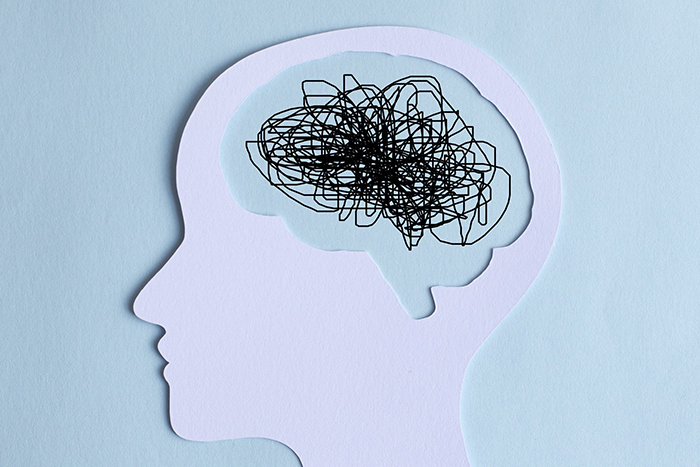Severe traumatic brain injuries affect people of all ages and are a leading cause of death and disability among young adults and adolescents. According to the Centers for Disease Control and Prevention, traumatic brain injuries were involved in 2.5 million emergency room visits, as well as the death of nearly 50,000 people in 2013. Motor vehicle accidents account for the majority of these injuries, but they can also result from falls and violence. Regardless of the cause, treatment is divided into three stages: early management of life-threatening conditions, prevention of secondary injury and long-term rehabilitation.
Early Management of Life-Threatening Conditions
Immediately after a trauma, paramedics identify injuries and begin treatments to stabilize a patient’s breathing and blood pressure. The patient is then rapidly transported to a trauma center that quickly diagnoses and begins treating a wide variety of injuries. Shortly after the patient arrives in the emergency room, a CT scan of the brain is obtained to identify life-threatening blood clots within the skull. A fracture of the skull or a torn artery can cause bleeding on top of the covering of the brain known as an epidural hematoma. Epidural hematomas are often emergencies requiring immediate surgery to remove the blood clot and stop the bleeding. Similarly, bleeding can occur underneath the covering of the brain and lay directly on top of the brain itself, which is referred to as a subdural hematoma. Subdural hematomas can occasionally resolve without surgery; however, many are large and require surgical removal. Surgery to remove blood from inside the skull is an emergency, with untreated patients suffering permanent disability or death.




